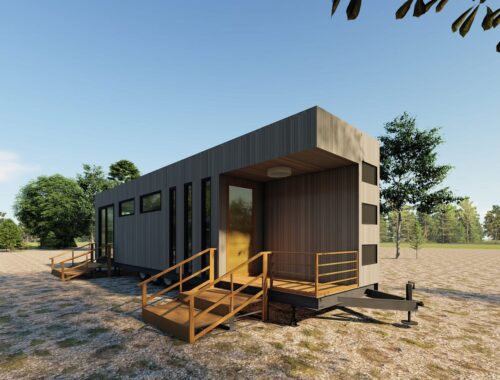In Small Canadian Town Democracy Wins, Tar Sands Loses
In a vote cheered as a victory for democracy, one community in British Columbia has given a flat rejection to a proposed tar sands pipeline.
Over 58 percent of voters who headed to the polls in the North Coast municipality of Kitimat on Saturday said “no” to Enbridge’s Northern Gateway project.
That project would include a pipeline to carry tar sands crude from near Edmonton, Alberta to Kitimat.
Click Here: camiseta river plate
CBC News reports that
“The people have spoken. That’s what we wanted — it’s a democratic process,” Kitimat Mayor Joanne Monaghan said in a statement following the vote. “We’ll be talking about this Monday night at Council, and then we’ll go from there with whatever Council decides.”
One group welcoming the rejection is the Dogwood Initiative, a B.C.-based group that advocates for decision-making power for environmental decisions to be in the hands of the people.
“This shows what happens when you actually give people the chance to vote on Enbridge’s proposal,” stated Kai Nagata, Energy & Democracy Director with the group.
The rejection was also a reflection of voter awareness of the environmental threats posed by the Northern Gate, according to the B.C.-based Raincoast Conservation Foundation.
“The vote in Kitimat illustrates how acutely aware British Columbians are that our province’s coast, which hosts incomparable land and seascapes, is in imminent jeopardy from the proposed export of diluted bitumen from Alberta’s tar sands to the oil industry’s global markets by the threat of a catastrophic Exxon Valdez type spill, as well as a host of other impacts,” said Chris Genovali, Executive Director of Raincoast.
“For example, the Enbridge Northern Gateway Project will result in increased tanker traffic and vessel noise through sensitive and productive waters, impoverishing critical habitat for numerous species of threatened and endangered whales. Additionally, the chronic oiling accompanying Northern Gateway’s tankers and terminal will likely slowly degrade habitat and water quality to the point where near-shore environments are no longer productive or capable of supporting nurseries for wild salmon, one of B.C.’s greatest natural assets,” said Genovali.
SCROLL TO CONTINUE WITH CONTENT


